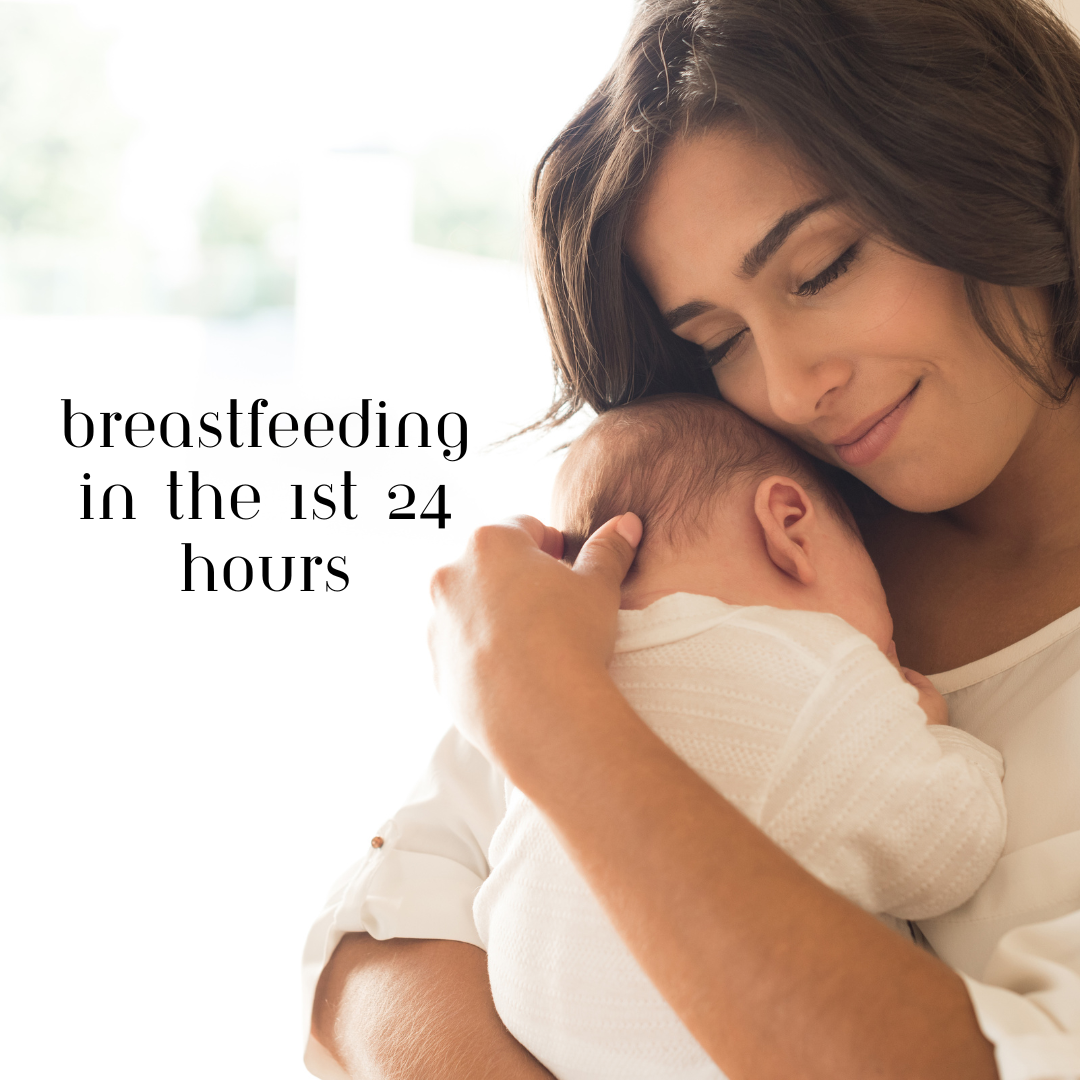A Critical Start for Newborns
Breastfeeding is often celebrated for its numerous benefits, but the first 24 hours after birth are particularly crucial for establishing a strong foundation for both mother and baby. This initial period is a golden opportunity to set the stage for successful breastfeeding and provide the newborn with essential nutrients and bonding time. Here’s why those first hours are so significant and how new mothers can make the most of them.
1. The Golden Hour: The First Hour After Birth
The first hour after birth, often referred to as the “golden hour,” is an invaluable time for mother and baby. During this period, skin-to-skin contact is highly recommended. This practice helps stabilize the baby’s body temperature, heart rate, and breathing, and promotes emotional bonding. Additionally, this closeness triggers the baby’s natural instinct to find and latch onto the breast.
2. Colostrum: The First Milk
In the initial hours postpartum, mothers produce colostrum, a thick, nutrient-rich milk often referred to as “liquid gold.” Colostrum is packed with antibodies, proteins, and vitamins, providing the newborn with crucial immune system support and aiding in digestion. Unlike mature milk, which comes in later, colostrum is perfectly designed to meet the needs of a newborn’s small stomach.
3. Early Latching and Frequent Feeding
Getting the baby to latch on early and frequently is key to establishing a successful breastfeeding routine. Early and frequent feedings stimulate the mother’s milk supply and help the baby learn how to latch properly. This also helps to prevent issues like engorgement and ensures that the baby receives adequate nourishment.
4. Support and Encouragement
Support from healthcare providers, family, and friends during the first 24 hours can make a significant difference. Breastfeeding can be challenging, especially for first-time mothers, so having access to lactation consultants and support networks is essential. These professionals can offer guidance on proper latching techniques, feeding positions, and how to address common breastfeeding concerns.
5. Bonding and Emotional Connection
The act of breastfeeding in the early hours after birth fosters a deep emotional bond between mother and baby. The close physical proximity and eye contact during feeding promote feelings of security and love. This bonding is beneficial for both the mother’s and baby’s emotional well-being.
6. Addressing Challenges
It’s important to acknowledge that breastfeeding challenges can arise. Issues such as difficulty latching, sore nipples, or concerns about milk supply are common. Seeking help from lactation consultants or healthcare providers early on can help address these challenges and support the breastfeeding journey.
The first 24 hours after birth are a critical window for establishing a successful breastfeeding relationship. The benefits of early skin-to-skin contact, the nutritional power of colostrum, and the emotional bonding that occurs during breastfeeding all contribute to a positive start for both mother and baby. By prioritizing these early feeding experiences and seeking support as needed, new mothers can set the stage for a rewarding and successful breastfeeding experience.

